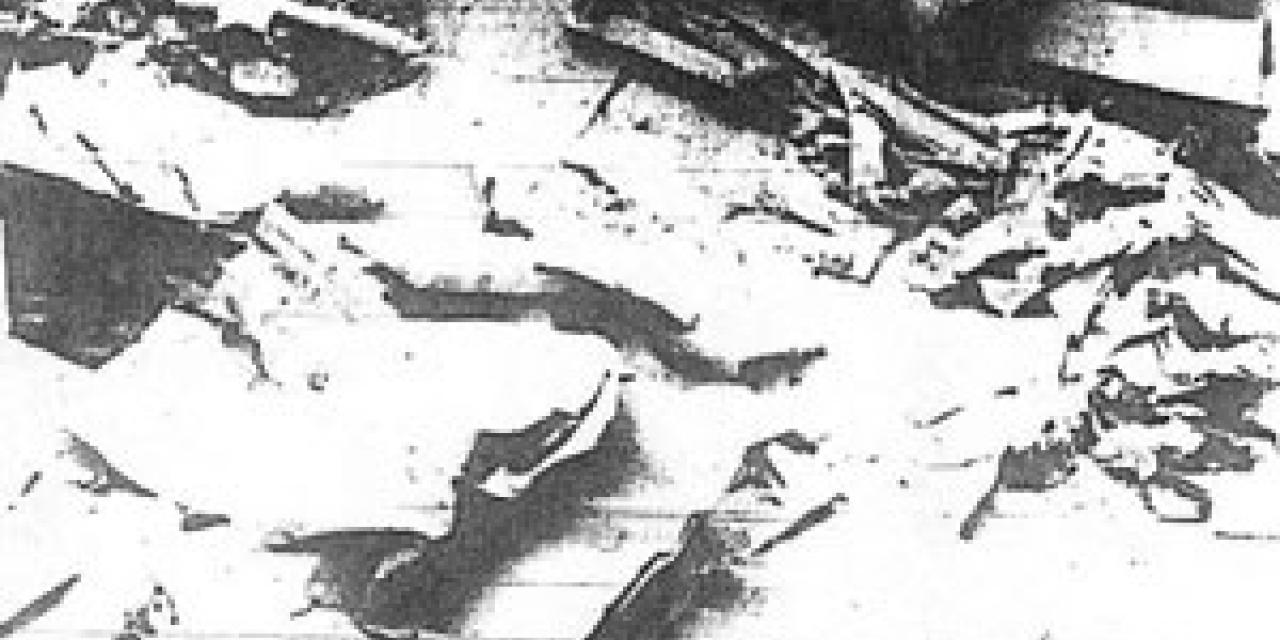
In a recent interview, Game Republic founder and Street Fighter II creator Yoshiki Okamoto expressed his concern that Nintendo DS's market might have grown too fast for its own good and that it might deflate soon
"Actually, and again, and this is those whispering voices saying this, but you've started hearing the phrase 'Atari crash' pretty frequently. People are talking about how the second 'Atari crash' is around the corner. And Nintendo is the one that has to figure out a way to stop it."
Mr. Okamoto refers to the infamous North American videogame crash of 1983 when the console market was flooded by dozens of consoles and hundreds of mostly low-quality games. The lack of consumer interest as well as the games' overproduction resulted in an economic crash that almost destroyed the fledgling industry and led to the bankruptcy of several companies producing home computers and video game consoles in North America. Actually, the bizarre black and white photo included alongside this article is taken from a September 1983 Alamogordo Daily News article which reported that between ten and twenty semi-trailer truckloads of Atari boxes, cartridges, and systems from an Atari storehouse in El Paso were crushed and buried at the landfill within the city.
"In Japan we often say that history repeats itself, and it's going to take some serious effort to keep it from happening this time", Yoshiki Okamoto continued. "Japan had its economic bubble in the late eighties, and that burst. I think some of the same things are happening in the American economy right now. Like, they're going to have to do something to prevent it. It's foolish to keep making the same mistakes people have already made."
"So, Nintendo's going to need some sort of strategy to deal with this. I think it's a fact that the market blew up more rapidly than even they thought it would. And the faster something expands, the easier it is for it to deflate again, right? I hope they come up with a way to avoid this with the DS. But for one thing, there are way too many titles out all at once."
Another similarity Okamoto noted is the abundance of low quality titles. "[At least in Japan] all sorts of companies that have never made games before are getting involved. I mean, the cost of development is really next to nothing. And what about this flood of 'brain training' games? Can they really keep that up?"
"Nintendo put a lot of thought into the original, and ran some really cool commercials for it. But some of these companies just slap something together, put the word 'brain' in the title, and release it. There are a ton of them, and barely any of them are interesting."








